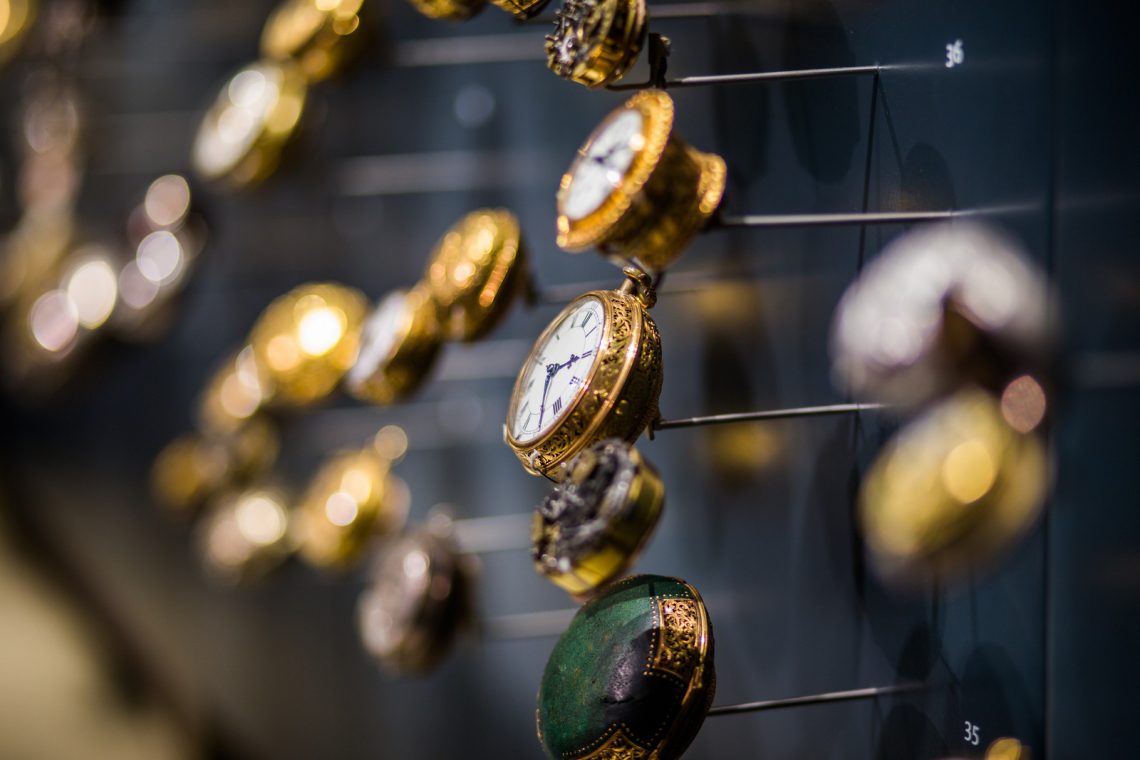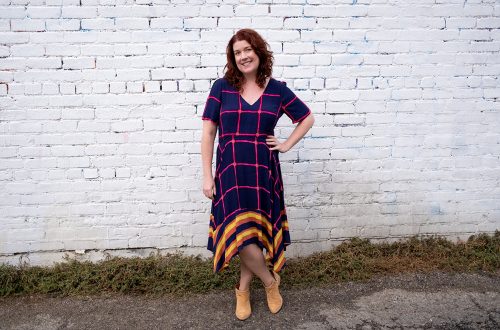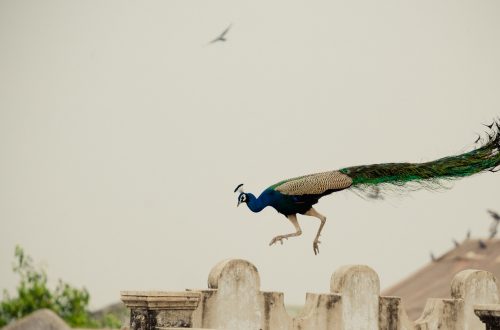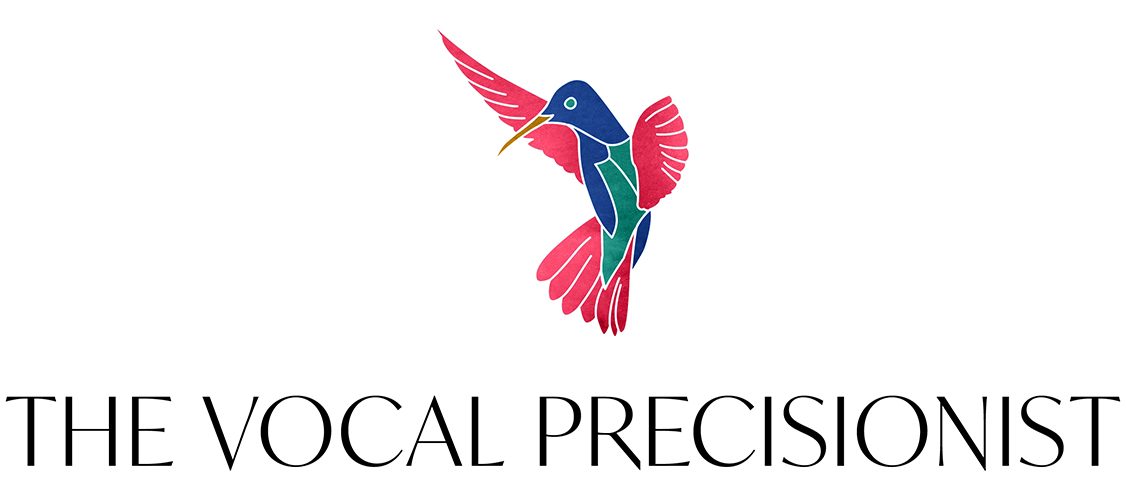
Time Flies when Time Lies
Lies about time. Maybe you have told a few? “I’ll never have this prepared in time.” “I couldn’t find any time to practice this week!” “It takes me so long to learn music.” or the people-pleaser’s signature self-sabotage: “Sure I’ll do it, I have plenty of time.” These seemingly small slips in our integrity may be the root cause of the anxiety, frustration, and shame that gets kicked up when working against a deadline.
I believe that we can spare ourselves all of this drama by striving to make our relationship with time less abstract. In accounting for it honestly. By replacing the stories we tell ourselves about our productivity (or lack there of) with facts!
Below are two rituals I recommend for understanding how time is spent in the practice room and on a per project basis.
#1 Journaling
I encourage tracking total time spent in your practice session and, if it’s helpful, the time dedicated to individual activities and objectives. Observe what impact context and rigor have on your output and stamina.
This awareness will become strategy for budgeting practice time in the future. Some days, using even the smallest block of time wisely is enough.
#2 Keeping a Time Log for each new project
How much time did it take you to prepare for your last gig or audition? Did you start your process in time to meet the deadline comfortably? Which parts of your preparation consumed the most time and energy?
Learning the answers to these questions will empower you to approach each subsequent project with more prowess in your time management.
Each time we are tasked with learning new repertoire or preparing a role, we are given the opportunity to gather data.
I strongly encourage tracking the total time spent on a project, as well as the individual components of your preparation i.e. learning music, memorization, final touches for performance. (You might also track time spent in preparatory lessons, coachings, or even procuring your “look” for the gig.)
Keep things in perspective by acknowledging what impact the specific demands of a project have on your time and bandwidth. Remember to consider whether you were “in your wheelhouse” or learning new skills along the way.
Curiosity is the first step in refining our relationship with time.
When we use our time more strategically, we reclaim more of it outside the practice room. We plan ahead to meet deadlines with ease. We choose what work to take on and what fees are reasonable compensation for our precious time. Time is money—if you know how you are spending it.
You May Also Like...

Speak Up to Sing Out
March 4, 2020
Welcome to The Vocal Precisionist
December 8, 2019
